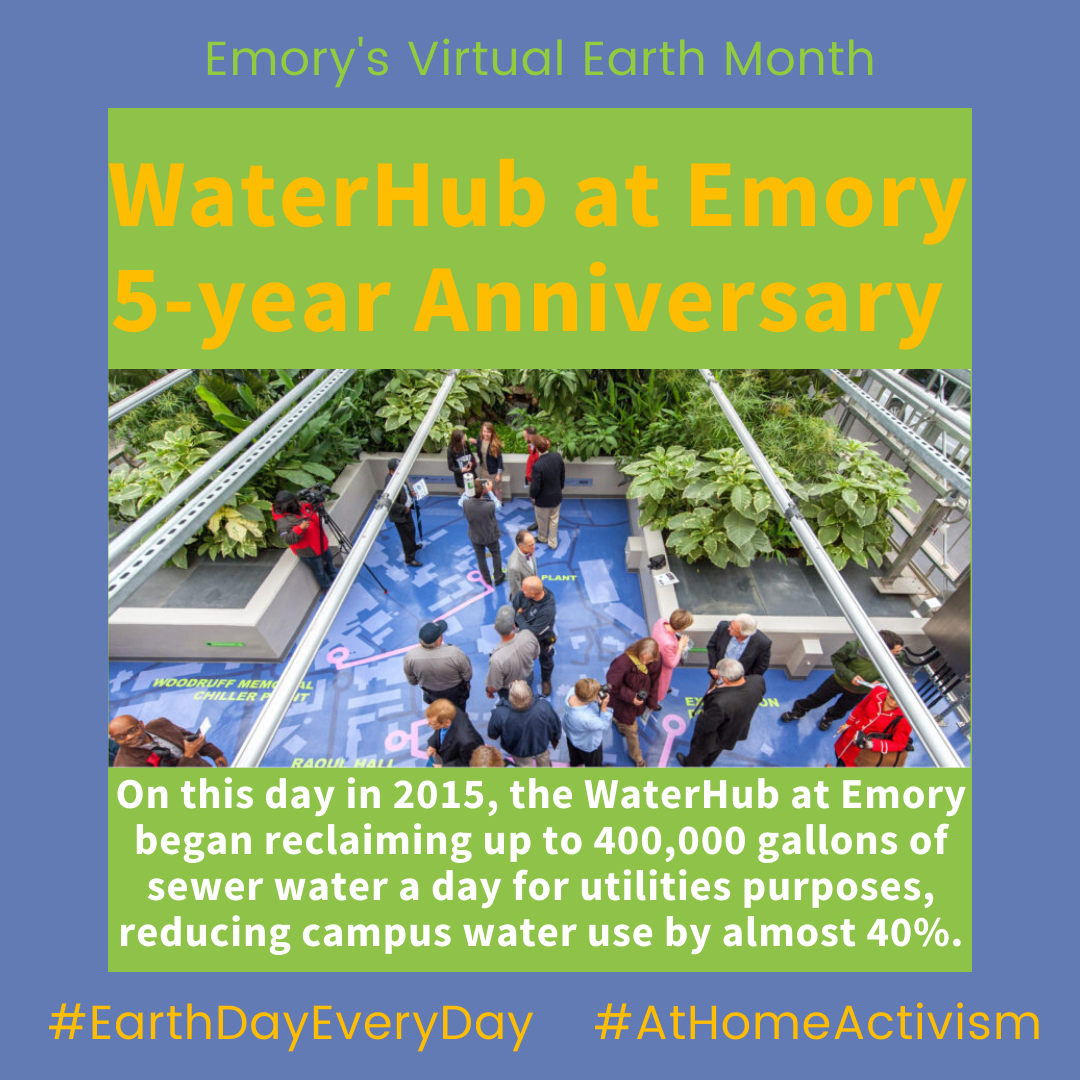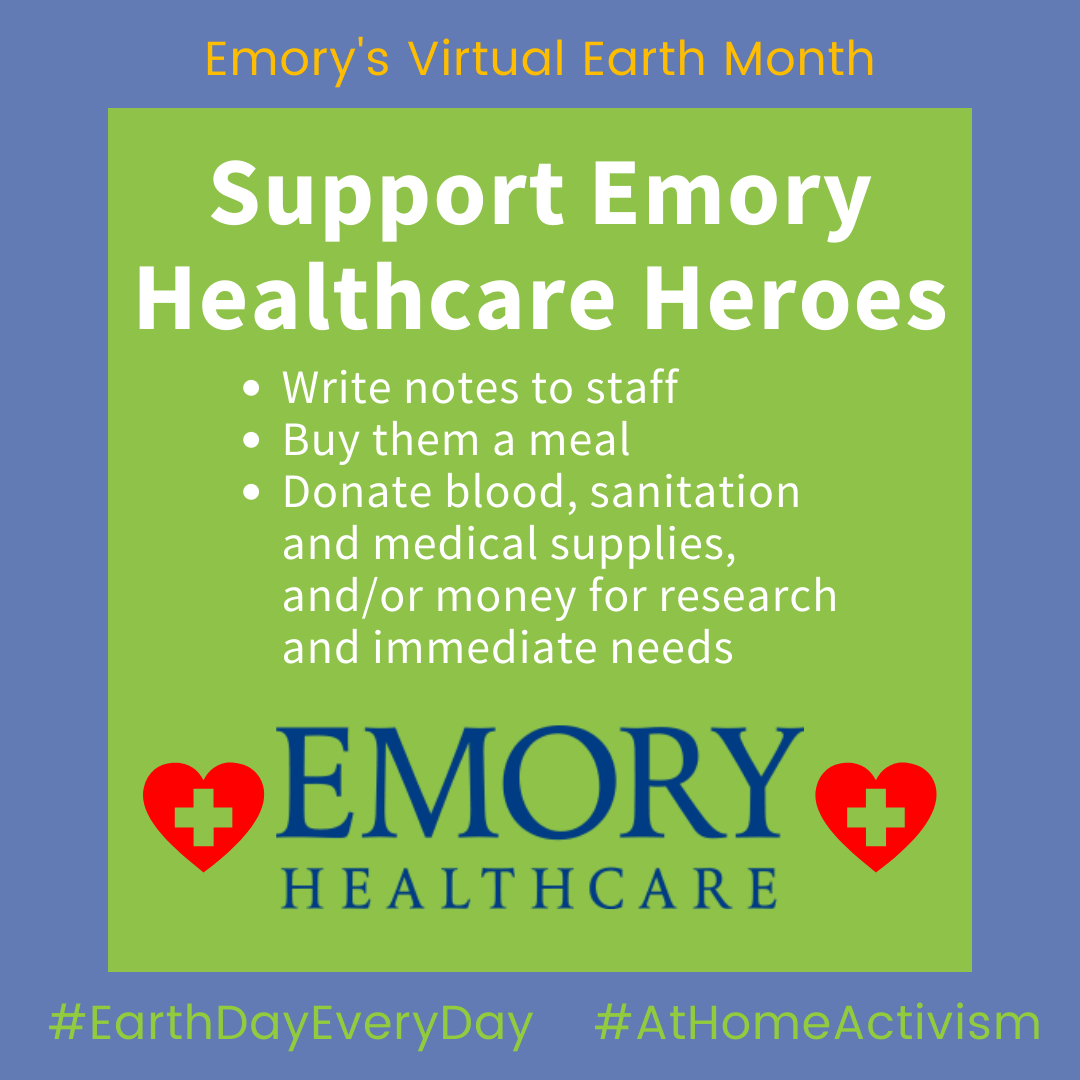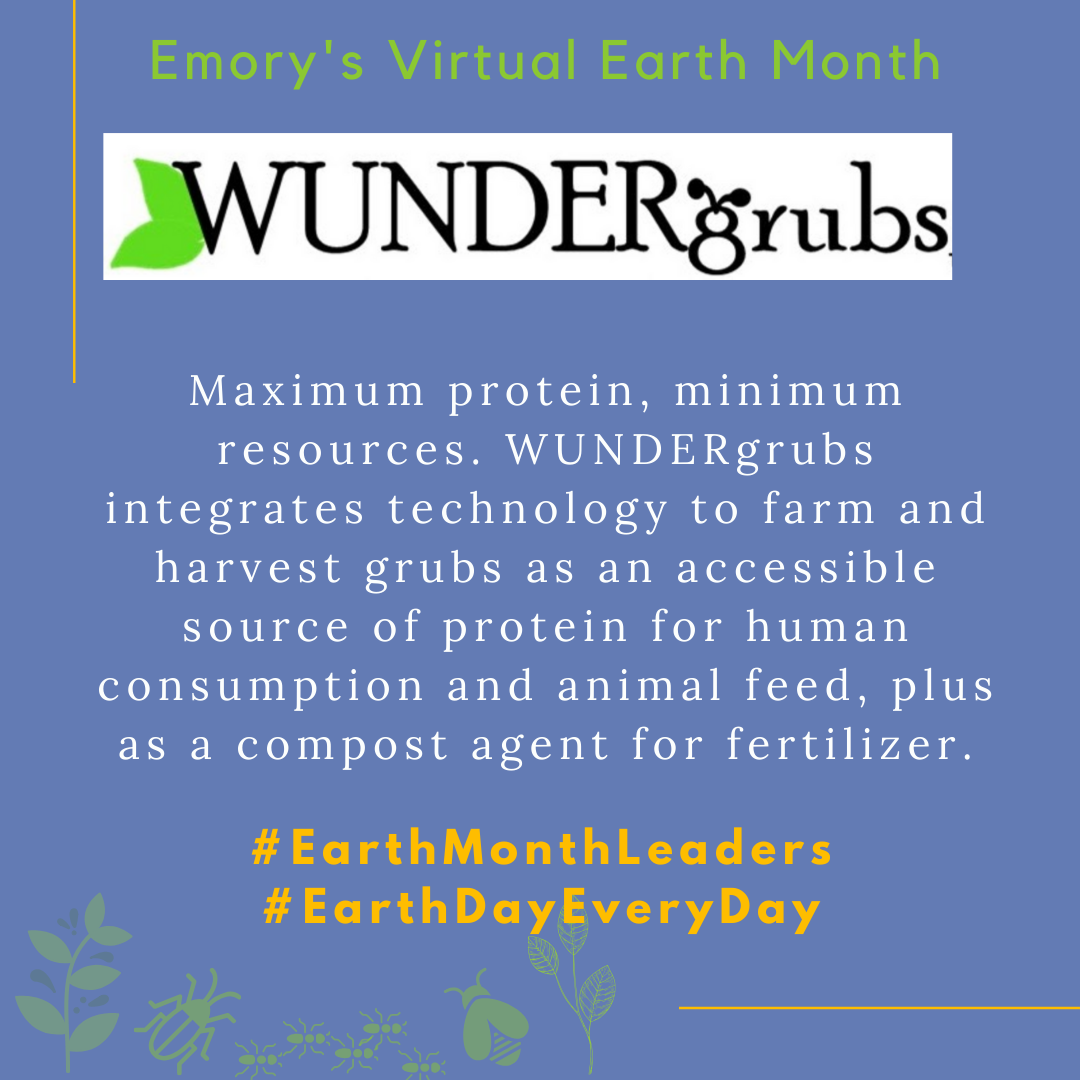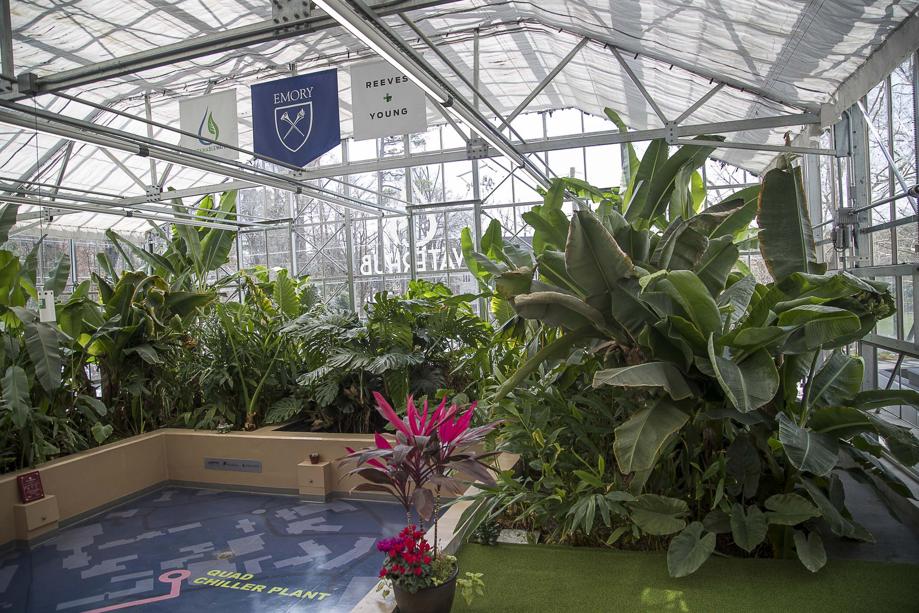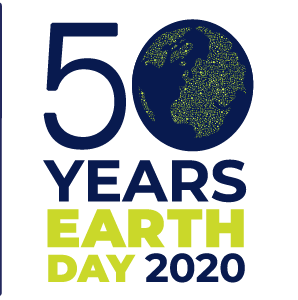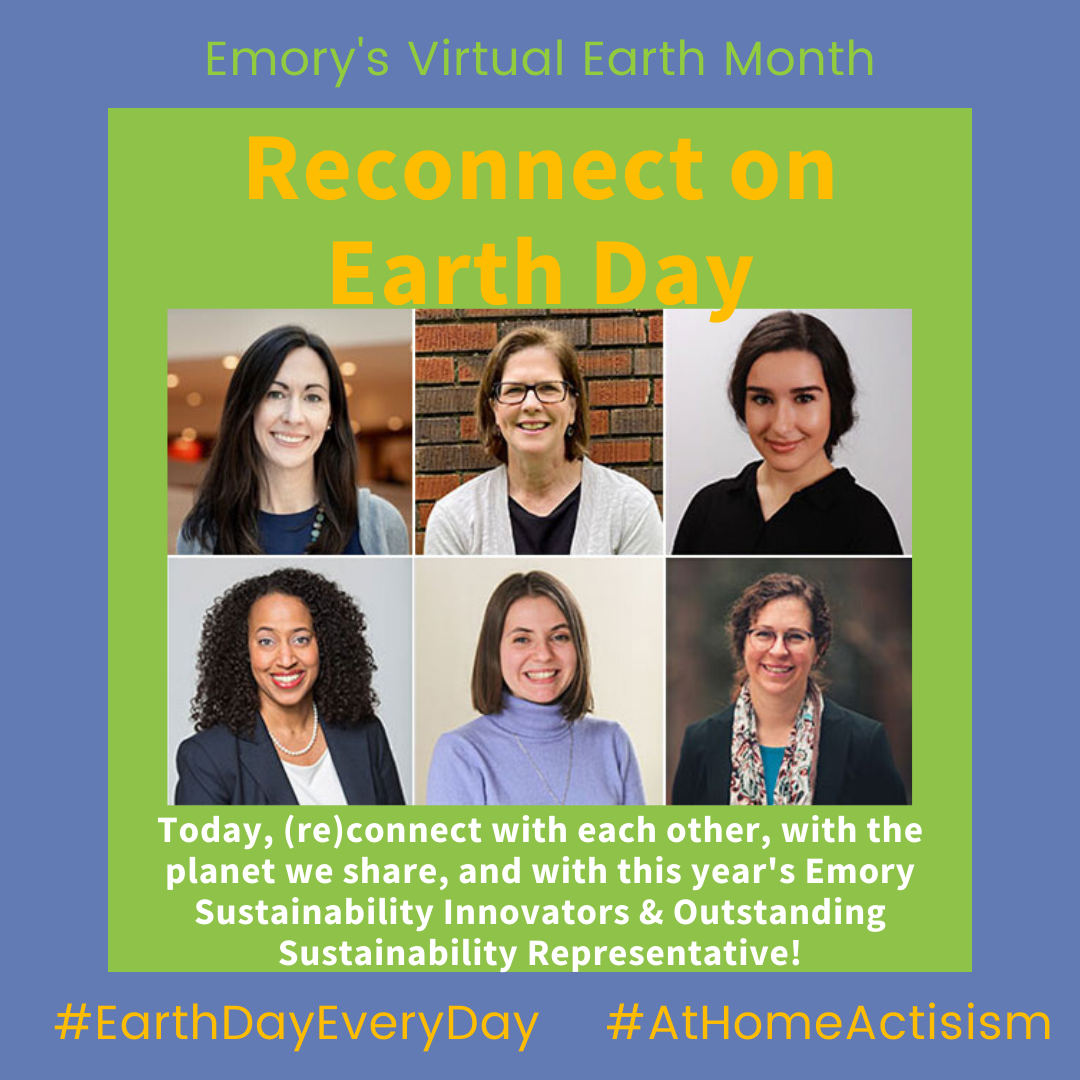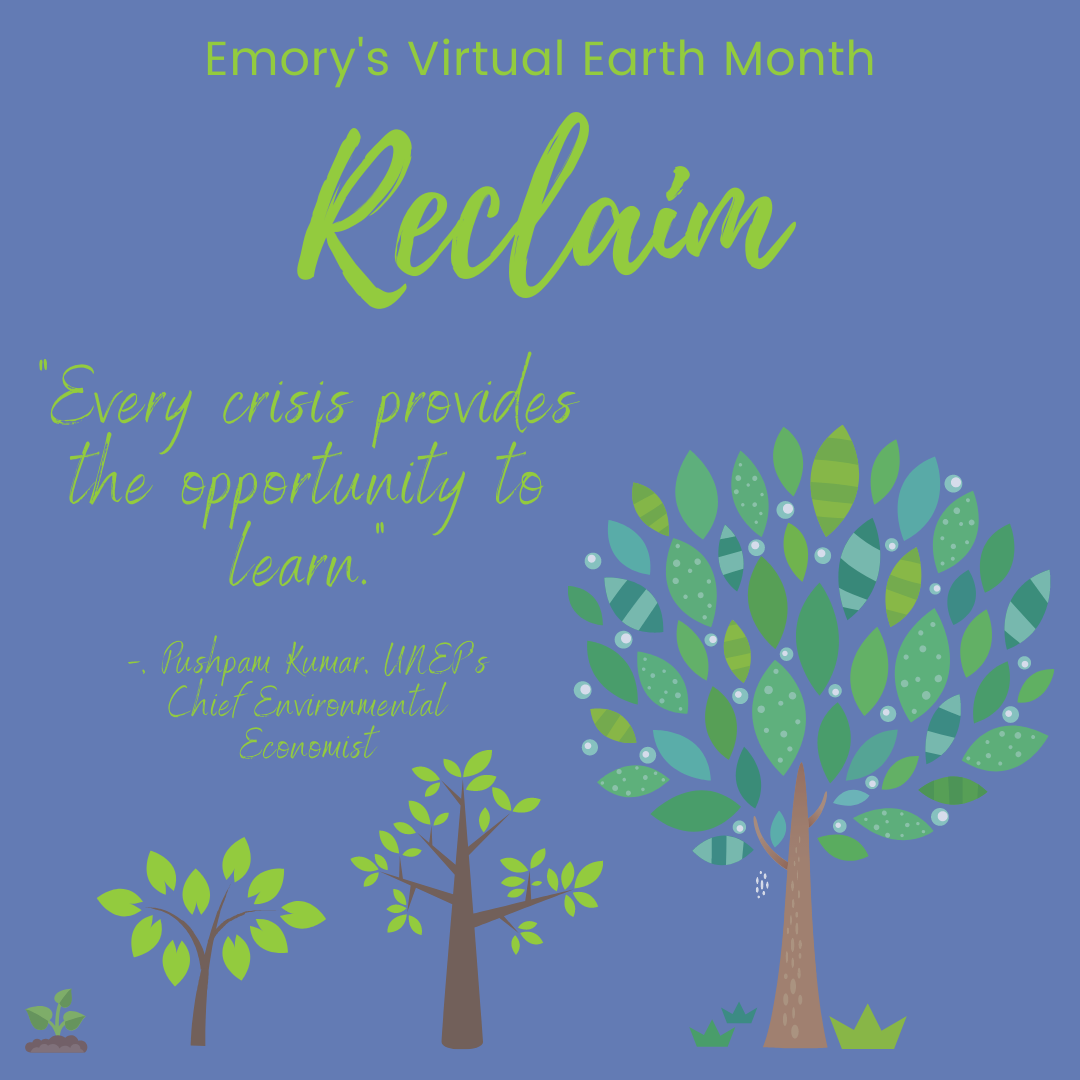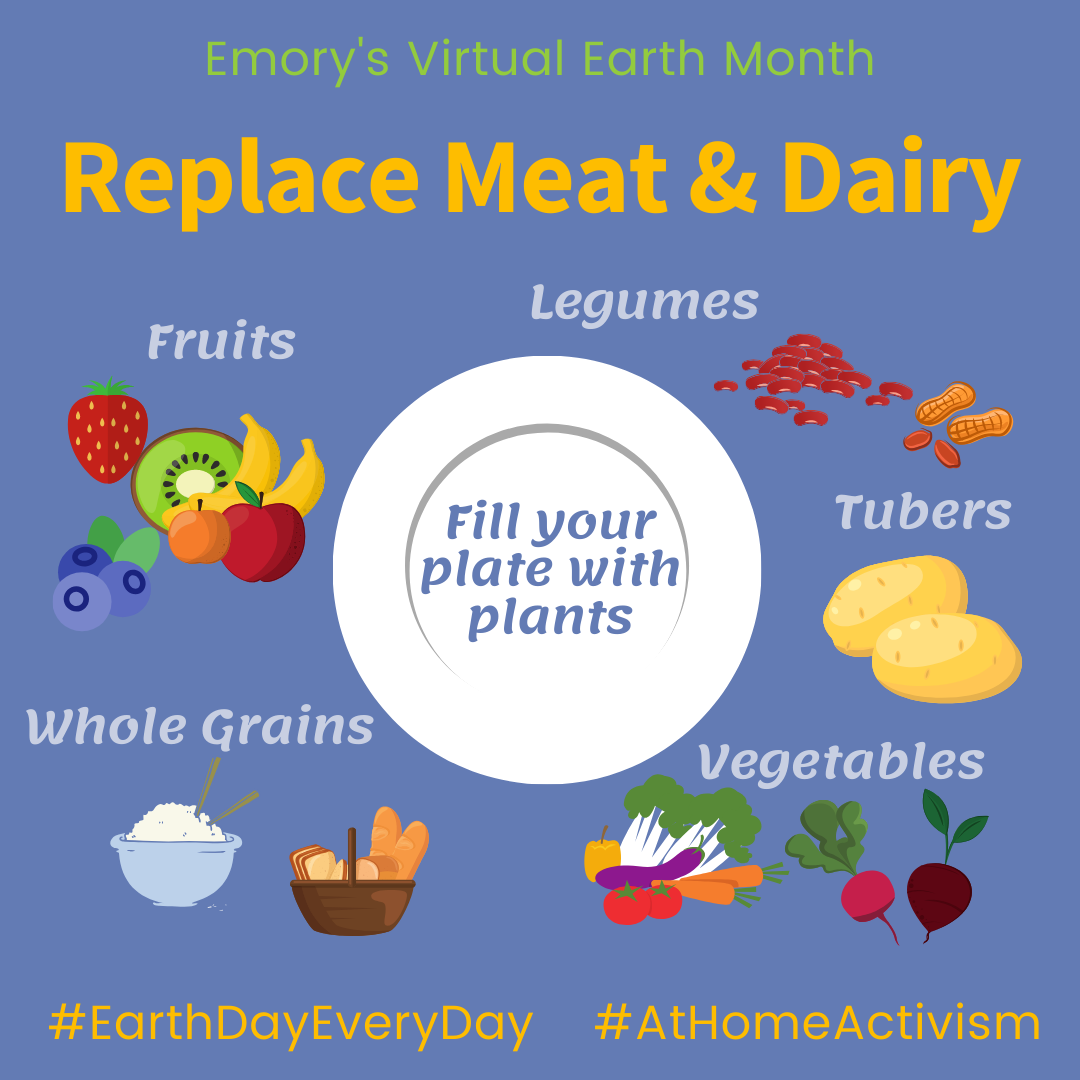WaterHub at Emory 5-Year Anniversary
WaterHub at Emory University 700 Peavine Creek Drive, Atlanta, GA, United StatesOn this day in 2015, the WaterHub at Emory began reclaiming up to 400,000 gallons of sewer water to use for utilities purposes each day, reducing the University's total water use by almost 40%! Since then, thousands of visitors have toured the facility and millions of gallons of water have been reclaimed, reducing the burden … Continue Reading →

